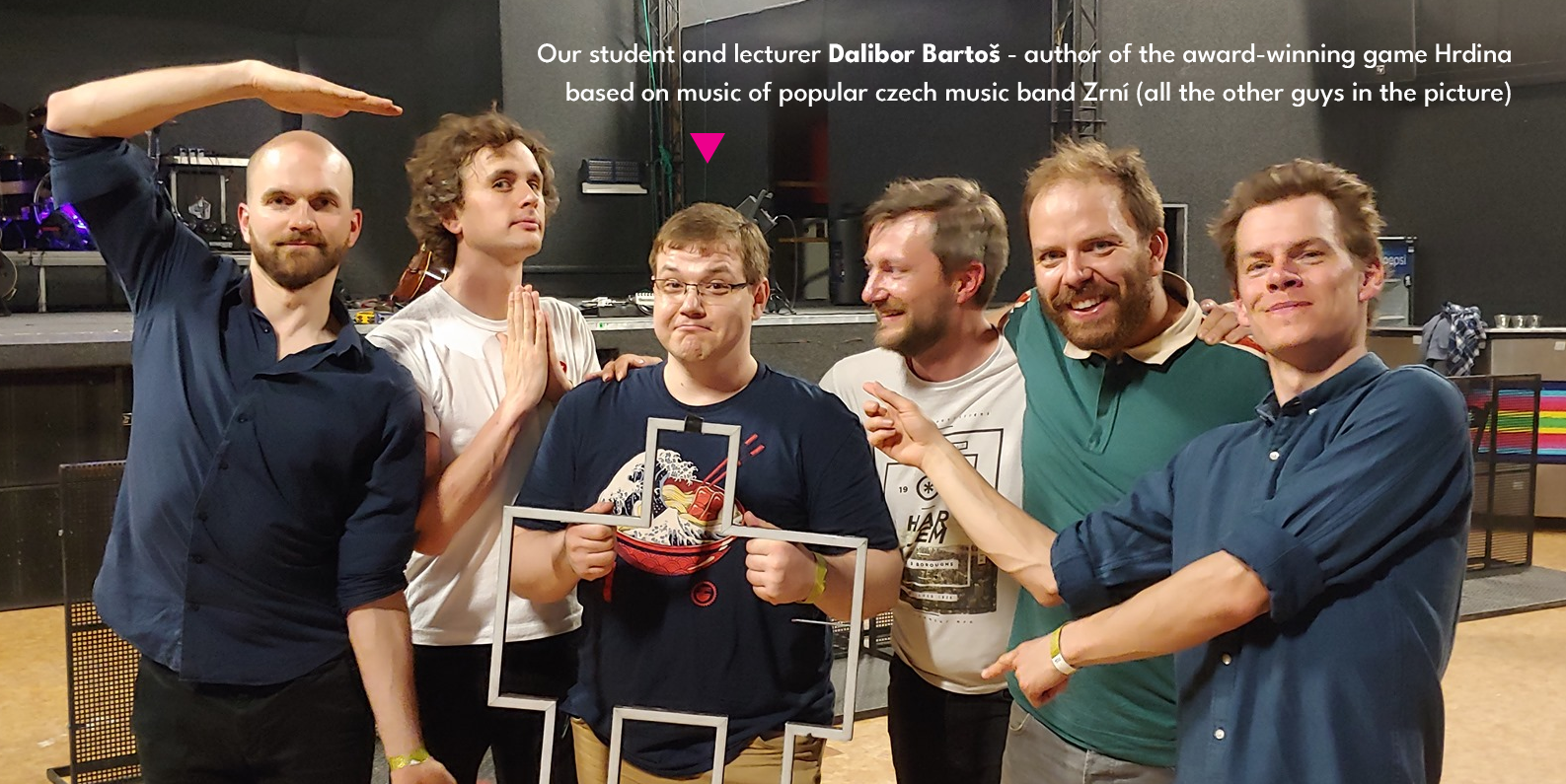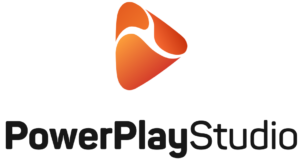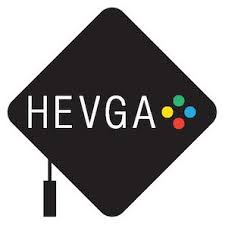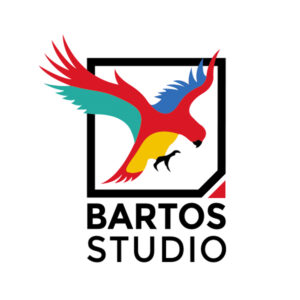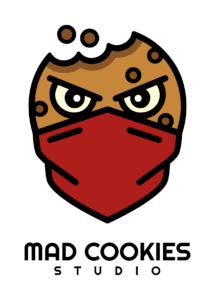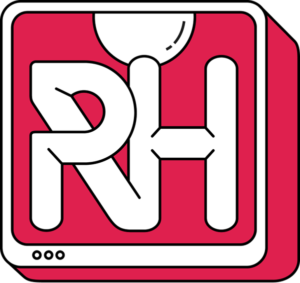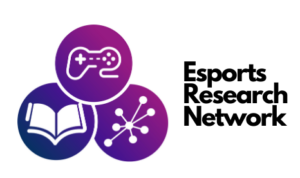Our Digital games programme was launched in 2015/16 and it aims to reflect trends in interactive digital media formats and help people understand how people play and make games while preparing students for work in and outside areas related to games.
Subjects and courses students can attend fall into four categories:
- Creation and Development (creative process, project management, dev-ops, computer graphics, game design, programming, audio and music)
- Distribution and Consumption (marketing, fandom, community management, competitive gaming, streaming and broadcasting)
- Research and Reflection (communication studies, history of games and play, game ethics, critical analysis and game journalism)
Education
Education
The task of the study program is to orient students in the current state of the game industry, to enable them to understand the specifics of its functioning and to prepare them for further development in the chosen field of interest. Apart from games experts, various pedagogues from the mass media, marketing and art departments participate in the program as well. Their subjects complement and expand the possibilities of finding employment. They also create prerequisites for the ability to adapt to changing conditions in this rapidly developing market.
In addition to qualified pedagogues, teaching is also provided by experts from practice. The goal of the department is to train future experts in the field of digital games, both on a theoretical and practical level. A graduate of the digital game theory department possesses a wide range of knowledge from various scientific disciplines. Primarily from the field of digital game development and game studies, secondarily from the field of media studies, mass media and marketing communication, expanded by specific study program subjects.
Subjects that form a compulsory part of the study are focused on:
- Getting to know the history and understanding the role of games in society,
- psychology and sociocultural aspects of games, their critical analysis in terms of means of expression and ethics,
- gaining an overview of the media and marketing environment,
- acquiring the basic skills necessary to create various types of media content, especially digital games:
- graphics
- development tools
- sound
- game design
- creation of space for further development in the chosen field, taking into account the preferences and abilities of a specific student,
- research related to play and games, which is the basis for discussion of future developments,
- From the academic year 2019/2020, the timetable includes subjects focused on game development and also competitive gaming.
Theory is complemented by rich practice
Despite the fact that the name of the department indicates a theoretical focus, students can engage in a wide range of voluntary practical activities:
Game journalism
Our students work in various game media, for example, they participate in the content of the IGN website or the web media Herná zóna.
Organization of the gaming convention UniCon
UniCon is a festival of gamers and games, that first took place in 2016 and carried the features of a classic convention (tech gaming news, cosplay, e-sports tournaments, retro gaming rooms, lectures and workshops). During the pandemic era, UniCon has become a digital larp (live action role play) event where participants engage in a story together in a themed virtual environment. Over two days, participants must work together to successfully complete the game’s story. All activities are gamified and for completing various quests, visitors receive coins that they can later use in the final auction to win interesting prizes. Each year the festival has a different theme related to pop culture, such as Norse Mythology or the Wild West.
Creation of games within the activities of the TEDI Games studio
TEDI GAMES is a group of game enthusiasts studying the theory of digital games at FMK UCM in Trnava. Students not only work on their individual projects, but many games are also created through game jams. These take place regularly five times per semester and students can try working in a team while receiving valuable feedback from experienced game developers. In addition, students have the opportunity to participate in game jams such as Bratislava Game Jam. Every year we also organize Global Game Jam Slovakia, Trnava Game Jam, but also international game jams in the past, for example LAG Jam (PL) or .Game Jam+.
We also provide game development under the supervision of experts within the subject of production and post-production of digital games. Students work in teams to develop their game under the mentorship of experts from Power Play Studio.
Workshop and museum collection of game equipment
Workshop, as we call it familiarly, is the place where old consoles get a second chance at life! Students repair, or improve, the consoles so that they can be used again. Of course, there is room for upgrading school computers, but also other diverse technology.
The workshop is also connected to a museum with a collection of consoles put together by the student organization Re_try. At the same time, students are preparing a room in which streams of retro games will be held and their gameplays will be recorded.
You can find the premises of the faculty at this link: https://fmk.sk/priestory-fakulty/
E-sports organization TEDI BEARS
Our esports players represent the school in various tournaments. They are dedicated to playing CS: GO, LoL or Valorant competitively. In addition, we also support individual players (NHL, etc.). In addition to the players themselves in games such as League of Legends, CS:GO, Valorant and others, the team includes coaches and managers. Students thus gain experience with team management, teamwork and cooperation. There is also space for developing commentary and streamer skills. In addition, students achieve excellent results at national and international level.
Twitch channel TEDI WATCH
Our students also stream and comment on digital games. In addition to the development and branding of university channels, the department also supports the creation of content on a common channel, where students, under the supervision of teachers, create their own thematic live broadcasts on the topics of digital games or other pop culture phenomena. Most often let’s play or various discussion sessions, or evaluation of games created at game jams or commenting on matches of the university team.
We support students:
Excursions to important domestic and foreign events related to the game industry (Digital Dragons, 4Games, MČR / MSR, Y-Games, Dreamhack, IEM, Comic Con, etc.).
Internships and courses in cooperation with Pixel Federation (in the past SkillDrill, Butterfly Effect and LevelUP, tutoring in game development courses).
Experimental teaching of game creation within the Hemisféra projects (our students are lecturers).
Employment opportunities
Employment opportunities
A graduate of the digital game theory study program can apply in several branches of the game industry:
- Game Theorist / Journalist
Theoretically oriented subjects provide a eligible foundation for work in the field of games journalism and allow for further deepening of knowledge, participation in research projects and possible academic work in the field of one’s studies, which can be further developed through doctoral studies directly at the school or abroad.
- Generalist / Game Development Specialist
The study programme provides the prerequisites for gaining a basic awareness of how each specialisation (programming, graphics, animation and sound) works, which is necessary for work in DevOps or testing, but also leaves the door open for the development of the so-called T-shaped specialisation in a chosen area, which the student can pursue as part of project-oriented subjects and related activities focusing on game development. Unlike specialised areas, the programme does not require prior knowledge in these areas.
- Community / Events / Social Media Manager
The combination of subjects from the fields of media (design, photography, video, streaming) and marketing (campaigns, social networks), which is part of the study programme, creates the prerequisites for mastering specific requirements in the field of building and managing game communities, as well as a broader application in the fast-growing segment of game marketing, with the possibility of working outside the game segment.
- E-sports Manager / Coach / Professional Player
The programme offers opportunities for individual skill development not only in the field of development. But also gaming itself, which is one of the career options for students who want to develop in this field. The school has e-sports teams and its students actively participate in the organisation of gaming events and the development of electronic sports in different positions, depending on their preferences and skills.
- Application outside the gaming industry
In addition, the study programme offers valuable knowledge that can be applied outside the gaming industry, as gaming mechanics can be found in almost all areas of the digital and traditional world and represent a competitive advantage for companies that want to attract and retain their customers.
Science and research
Science and research
The lecturers and researchers in the Department of Digital Games deal with various areas of Game Studies, which also overlap with other scientific disciplines:
- Connection of Game Studies and marketing communication,
- Psychology of digital games (interference of cognitive psychology in this field),
- Consumer research and methods of digital games research,
- Significance, impact and current trends in the field of virtual reality,
- Motivation and training factors in the field of electronic sports,
- Local and global history of gaming experience and games,
- Study of game mechanics and narratives in relation to the game product,
- Connections between digital games and other digital media,
- Current trends in the games industry and in the production of digital games, especially in the areas of sound and graphics as well as visual storytelling,
- Innovations in the environment of digital games and virtual worlds with regard to education,
- Ethical and educational aspects of digital games,
- Introduction of game elements in non-game environments,
- Development of critical thinking through digital games,
- Exploration of subcultures, participatory culture and fans.
The department also participates in the publication of the scientific journal Acta Ludologica.
Acta Ludologica is a peer-reviewed (double peer) scientific journal published twice a year in online and print versions. It focuses on the comprehensive discourse on games and digital games, including theoretical and empirical studies, research findings and their implementation in practice, as well as professional publication reviews and scientific reviews of digital games.
In addition to the above-mentioned activities, the members of the department participate in the creation of a museum of game history, which connects technologies and other related topics with the development of digital games in Slovakia and the world, especially their cataloging.
Selected Funded Projects
As part of the project activities, the department participates or has participated in the following educational-scientific national and international research projects.
- Erasmus+KA171: Mobility of Higher Education / Asia Pacific University
- Creative Centre Skladová – adaptation of the premises of UCM FMK for the purpose of creating a creative centre and supporting the creative industry in the form of business incubators and accelerators (2022 – 2025)
- VEGA: The use of competitive digital games to promote team cohesion and social adaptation among Generation Z (2022 – 2024)
- Operational Program 311000: Solving the social threats posed by the pandemic COVID-19 – Creation of a virtual physiotherapy study (2020 – 2023)
- Erasmus + KA204: Needs of CriticAl Thinking (2021 – 2023)
- KEGA: Development of Digital Game Studies and Design (2020 – 2022)
- V4: Increasing Digital Competencies – The Growth of Education in Society (2020 – 2022)
- FPPV: Ethical Challenges of Digital Games (2020)
- FPPV: The Virtual Faculty of Mass Media Communication in Second Life (2020)
- Erasmus + KA204: Location – based games as a contemporary, original, and innovative method of seniors´ teaching and learning (2017 – 2019)
- Creative Europe: Festival of Art and Independent Games LAG (2015 – 2019)
Submitted Projects
- KEGA: Cultivation of Mass Media Literacy in the Age of Digitalisation and Social Distancing
- VEGA: Peculiarities of the Local Gaming Experiences in Slovakia in the 20th Century
- VEGA: An Innovative Model for Monetising Digital Games in the Creative Industries Sector
- Project funded by MIRII: Win Over Misinformation – Digital Game Design
WIP Projects
- KA220-HED: The Acquisition of 21st Century Skills Through the Production of Digital Games
- V4: Support of the Gaming Industry in the V4 Region
- Erasmus+KA171: Mobility of Higher Education
Cooperation
Cooperation
International projects and exchange stays
- University Of Silesia, Katowice,
- Ritsumeikan University, Kyoto,
- University of Malta,
- Asia Pacific University of Technology & Innovation, Kuala Lumpur,
- Czech Technical University (negotiations with other Universities are in progress).
Intensive cooperation with the Slovak Association of Developers, the Slovak Design Center and the Trnava Game Guild.
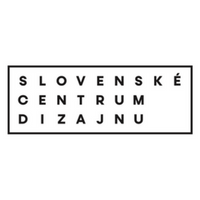
US
The Head of Department
The Secretary of Department
Professors
Associate Professors
Mgr. Zdenko Mago, PhD.
doc. Ing. Andrej Trnka, PhD.
Assistant Professors
Mgr. Magdaléna Balážiková, PhD.*
Mgr. Tomáš Farkaš, PhD.
Mgr. Michal Kabát, PhD.
Mgr. Juraj Kovalčík, PhD.
Mgr. Ján Proner, PhD.
Mgr. Alexandra Rysuľová, PhD.
Mgr. Magdaléna Švecová, PhD.
PhD Students
Mgr. Anna Paulína Jelínková
Mgr. Alexandra Kukumbergová
Mgr. Miroslav Macák
Ing. Vajk Pomichal
Mgr. art. Martin Schwarz
Mgr. Tomáš Svetlík
Mgr. Veronika Šašalová
External Lecturers
Mgr. Dalibor Bartoš
Mgr. Silvester Buček
Mgr. art. Martin Engler, PhD.
*Taking parental leave
